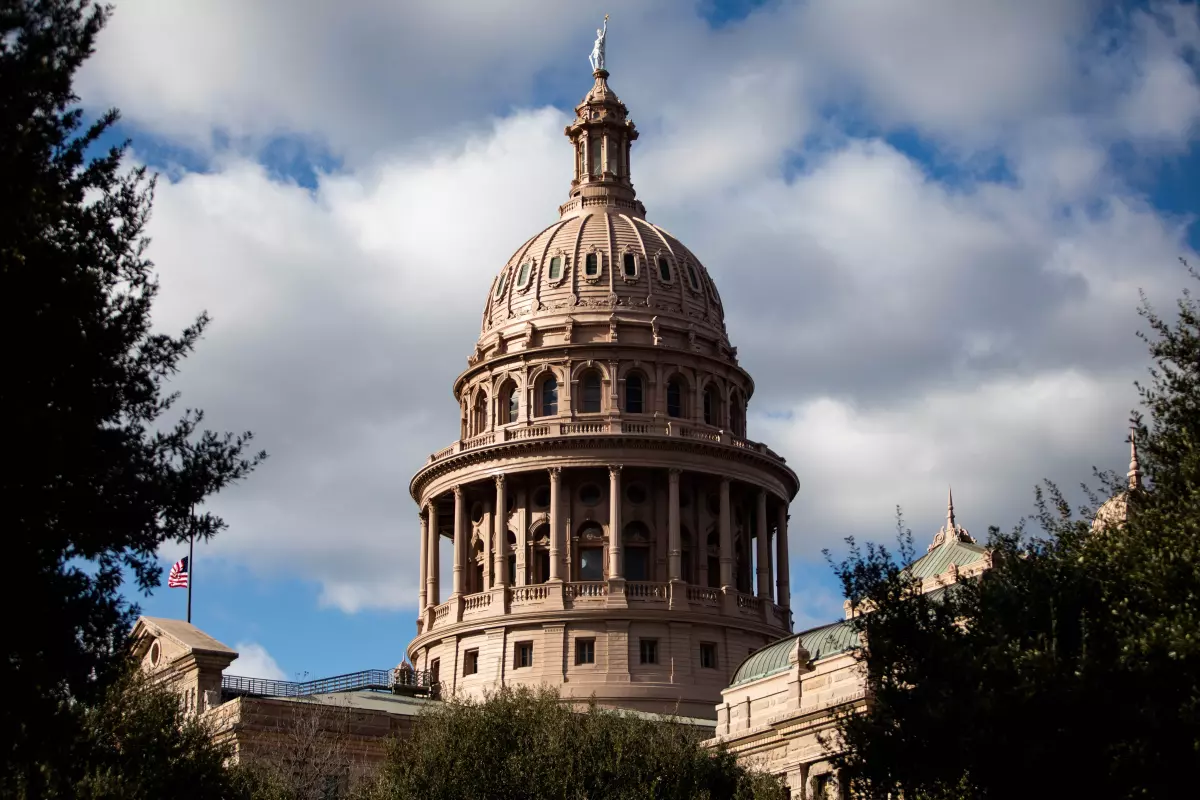Texas’ HB 7 shows that the fight over abortion has never truly been about states’ rights—it’s about controlling access nationwide.
It was never about states’ rights.
In a move that surprised no one, Texas Gov. Greg Abbott recently signed the state’s latest abortion restriction, HB 7, into law. Set to take effect on Dec. 4, 2025, the law empowers private citizens to sue anyone who manufactures, distributes or mails abortion medication to residents of Texas.
Texas’ draconian efforts to ban abortion are not new; indeed, Texas already has a near total abortion ban and deputizes its own citizens as bounty hunters to seek out anyone who “aid or abets” (read: helps) a woman seeking an abortion.
But those extreme Texas bans are not, apparently, enough for the Texas legislature. HB 7 goes further (and literally farther) by targeting out-of-state actors—drug manufacturers, physicians, even delivery companies—who might send abortion pills into Texas. The message is clear: Texas won’t recognize the laws of other states that protect abortion access and the doctors who provide that medical care.
Texas’s new extraterritorial tactic puts two things in stark relief:
- The campaign to overturn Roe v. Wade was never about states’ rights, and
- it was always about banning abortion nationwide.
What we see now is page right out of the Project 2025 playbook … using every tool at their disposal to make sure that their own state abortion bans prevent people from seeking care in other states …
Plainly, the Texas law is designed to block access to abortion entirely. But with Texas already enforcing one of the nation’s most restrictive abortion bans, laws like HB 7 reveal a striking contradiction: Despite the “states’ rights” rhetoric that fueled efforts to overturn Roe, antiabortion states are effectively trying to control abortion beyond their own borders. If the goal were truly to return the decision to individual states, the fight would be over—Dobbs v. Jackson already delivered that victory. Yet post-Dobbs, 12 states have moved to effectively ban abortion altogether.
But of course that wasn’t the endgame. What we see now is page right out of the Project 2025 playbook: Antiabortion state lawmakers are using every tool at their disposal to make sure that their own state abortion bans prevent people from seeking care in other states where abortion is legal. These take the form of state abortion “trafficking” statutes that make it a crime to help someone obtain an abortion in a state where it is legal and efforts to prosecute out-of-state abortion providers who allegedly prescribe abortion pills to women in states with abortion bans. And with HB 7, Texas is once again setting the template for how antiabortion states aim to export their abortion bans nationwide.
Why? Because post-Dobbs the number of abortions in the United States did not go down. Instead, patients seeking abortion care now travel to states where it is legal to have an abortion or seek abortion care via telehealth. And states like Texas have decided that the rights of other states that protect abortion access cannot stand.
I’ve written before that the war to go after the most common abortion method—medical abortion, which accounts for 63 percent of abortions in the U.S.—is a deliberate one designed to decimate abortion access. And it centers on mifepristone, a drug long-approved by the FDA for medical, or non-surgical, abortion, precisely because medical abortion allows wider access to abortion care. Indeed, even as individual states wage battles against out-of-state travel or telehealth abortion, five states—Idaho, Kansas and Missouri and now Texas and Florida—are joining forces in a federal lawsuit to remove mifepristone from the market nationwide.
At base, these states seek to make abortion policy for the nation: to reach far beyond their own states’ borders to end the ability of doctors in other states—where abortion is legal and protected—to prescribe mifepristone.
The question is not whether states like Texas will try to impose their bans across borders—it’s whether the rest of the nation will stop them.
I recently went back and read Justice Samuel Alito’s 2022 majority decision in Dobbs. It sought to assure us that the overturning of Roe and the “return” of the abortion question to the states recognized that “the people of the various States” may evaluate the abortion decision “differently,” and that voters could effectuate those decisions through the democratic process.
“In some States,” he wrote, “voters may believe that the abortion right should be even more extensive than the right that Roe and Casey recognized. Voters in other States may wish to impose tight restrictions.”
I was not assured then and I am not assured now. The post-Dobbs reality is that antiabortion state legislatures, like the Texas legislature, have decided that states with different abortion laws must cede to antiabortion states.
Let’s be clear: It was never about states’ rights. The question is not whether states like Texas will try to impose their bans across borders—it’s whether the rest of the nation will stop them.
Great Job Jessica L. Waters & the Team @ Ms. Magazine Source link for sharing this story.





